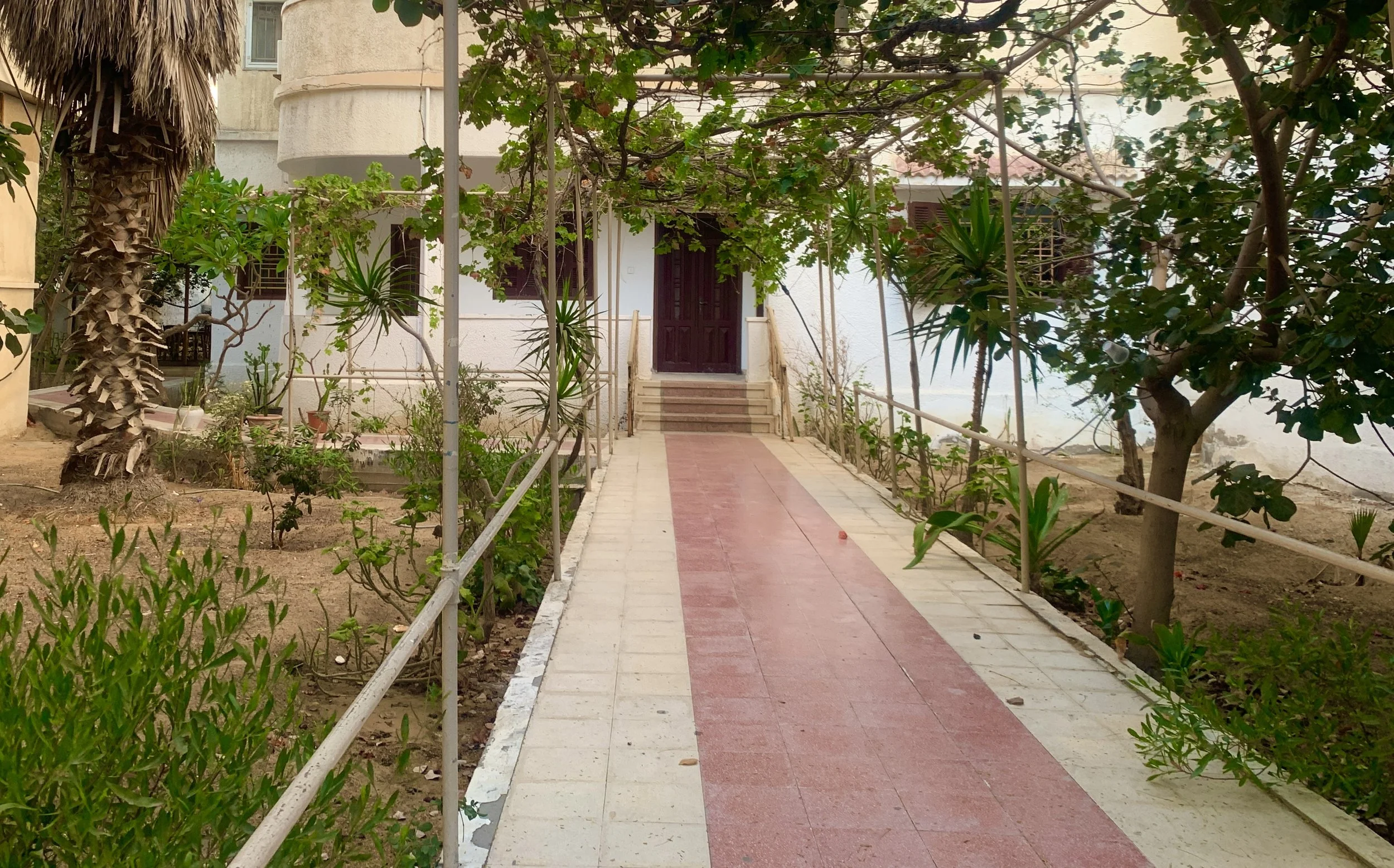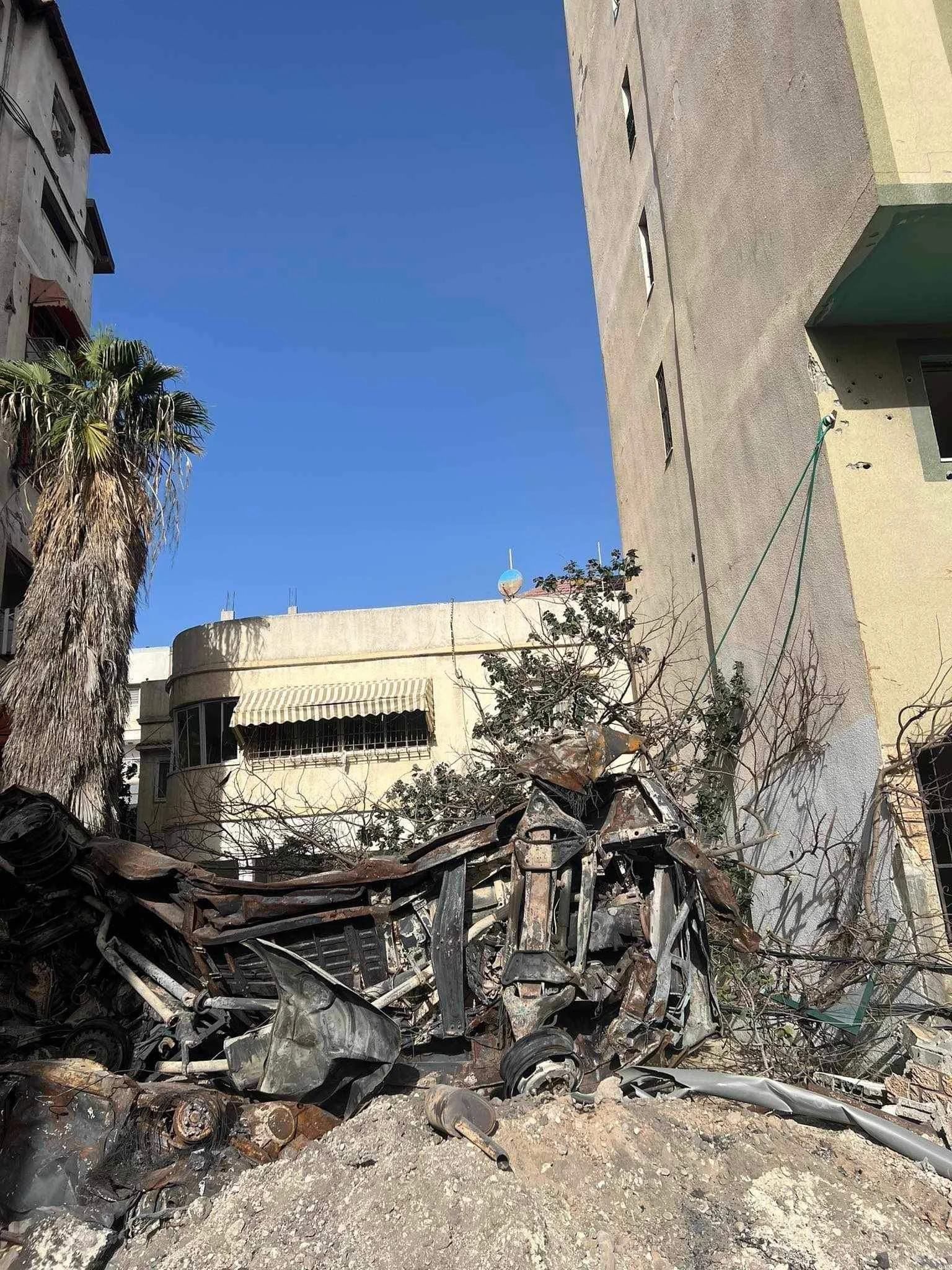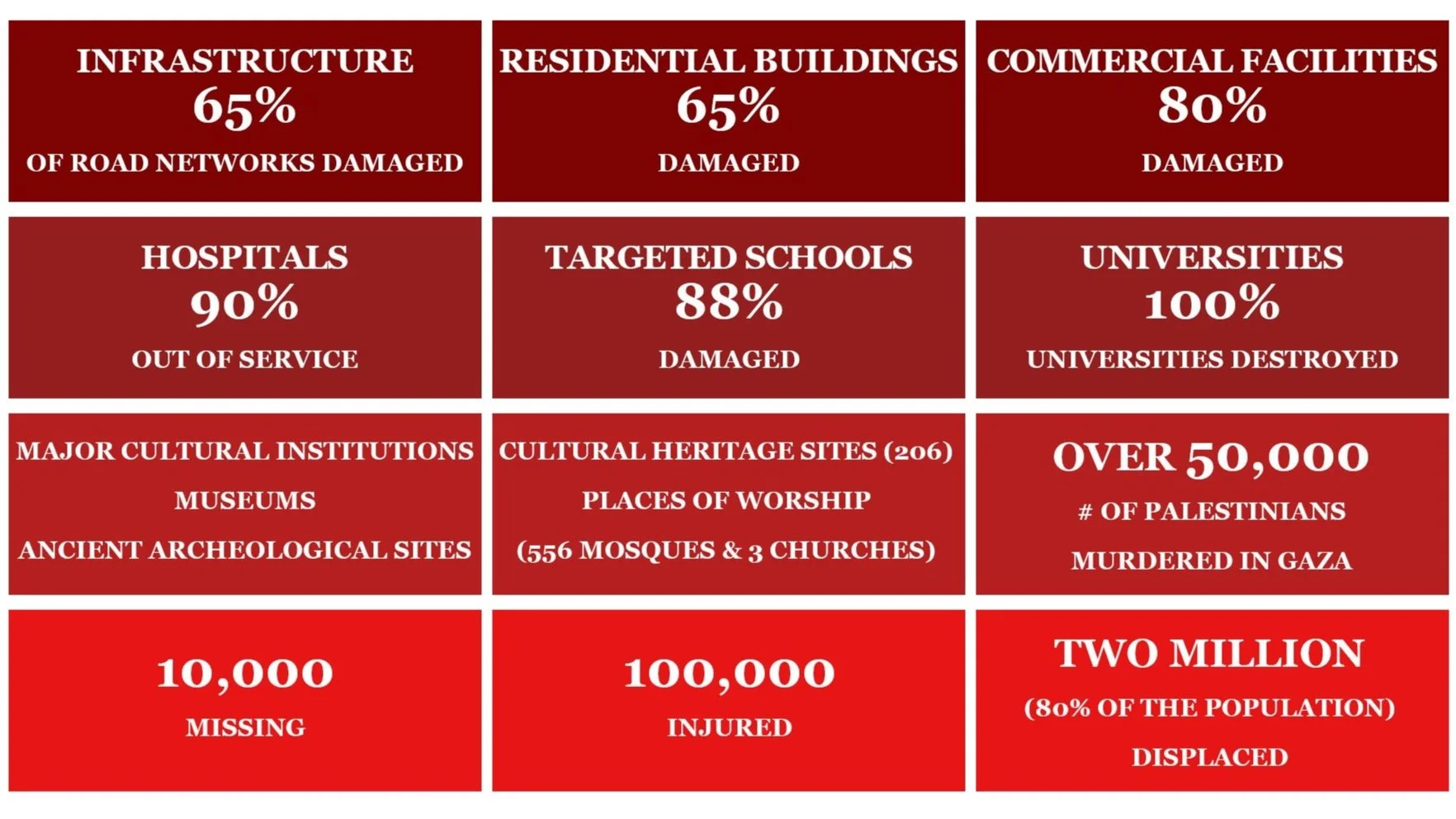The Gaza Strip is home to two million Palestinians, making it one of the most densely populated regions in the world. Since 2007, these residents have lived in conditions akin to an open-air prison, with Israel restricting their access to the rest of the Occupied Territories and beyond. These restrictions severely impact essential resources like water, power, and food, contributing to a crumbling economy and soaring unemployment rates, which reached 52% in 2018.
As of early 2023, the situation in Gaza remains dire, with ongoing humanitarian challenges compounded by continued conflicts and restrictions. The unemployment rate persists at around 50%, leaving many families dependent on international aid for their basic needs. Access to vital services such as healthcare, clean water, and electricity is limited, with frequent power outages disrupting daily life. The blockade enforced by Israel, along with restrictions from Egypt, has crippled the economy, leading to ignored infrastructure in desperate need of repair.
In the face of these immense difficulties, the resilience of the Palestinian people continues to shine through. Grassroots initiatives have emerged to provide support in areas like education, healthcare, and cultural expression. Despite the steep challenges, many Gazans embody the spirit of "Existence is Resistance," striving to sustain their lives and preserve their identities throughout the ongoing crisis.





















